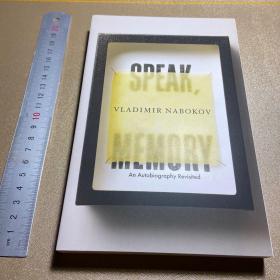
Speak, Memory:An Autobiography Revisited 《纳博科夫自传》
¥ 110 九五品
仅1件
山东济南
认证卖家担保交易快速发货售后保障
作者Vladimir Nabokov
出版社Random House US
出版时间1989-09
版次1
装帧平装
上书时间2021-10-29
- 最新上架
商品详情
- 品相描述:九五品
- 商品描述
- 近乎全新,没有阅读的痕迹。
图书标准信息
- 作者 Vladimir Nabokov
- 出版社 Random House US
- 出版时间 1989-09
- 版次 1
- ISBN 9780679723394
- 装帧 平装
- 开本 32开
- 纸张 胶版纸
- 页数 316页
- 【内容简介】
- A rich evocation of Nabokov's life and times, even as it offersincisive insights into his major works, including LOLITA, PNIN,DESPAIR, THE GIFT and others.
- 【作者简介】
-
Vladimir Vladimirovich Nabokov was born onApril 23, 1899, in St. Petersburg, Russia. The Nabokovs were knownfor their high culture and commitment to public service, and theelder Nabokov was an outspoken opponent of antisemitism and one ofthe leaders of the opposition party, the Kadets. In 1919, followingthe Bolshevik revolution, he took his family into exile. Four yearslater he was shot and killed at a political rally in Berlin whiletrying to shield the speaker from right-wing assassins.
The Nabokov household was trilingual, and as a child Nabokov wasalready reading Wells, Poe, Browning, Keats, Flaubert, Verlaine,Rimbaud, Tolstoy, and Chekhov, alongside the popular entertainmentsof Sir Arthur Conan Doyle and Jules Verne. As a young man, hestudied Slavic and romance languages at Trinity College, Cambridge,taking his honors degree in 1922. For the next eighteen years helived in Berlin and Paris, writing prolifically in Russian underthe pseudonym Sirin and supporting himself through translations,lessons in English and tennis, and by composing the first crosswordpuzzles in Russian. In 1925 he married Vera Slonim, with whom hehad one child, a son, Dmitri.
Having already fled Russia and Germany, Nabokov became a refugeeonce more in 1940, when he was forced to leave France for theUnited States. There he taught at Wellesley, Harvard, and Cornell.He also gave up writing in Russian and began composing fiction inEnglish. In his afterword to Lolita he claimed: "My privatetragedy, which cannot, and indeed should not, be anybody's concern,is that I had to abandon my natural idiom, my untrammeled, rich,and infinitely docile Russian tongue for a second-rate brand ofEnglish, devoid of any of those apparatuses--the baffling mirror,the black velvet backdrop, the implied associations andtraditions--which the native illusionist, frac-tails flying, canmagically use to transcend the heritage in his own way." [p. 317]Yet Nabokov's American period saw the creation of what are arguablyhis greatest works, Bend Sinister (1947), Lolita(1955), Pnin (1957), and Pale Fire (1962), as well asthe translation of his earlier Russian novels into English. He alsoundertook English translations of works by Lermontov and Pushkinand wrote several books of criticism. Vladimir Nabokov died inMontreux, Switzerland, in 1977.
From the Hardcover edition.
点击展开
点击收起
— 没有更多了 —







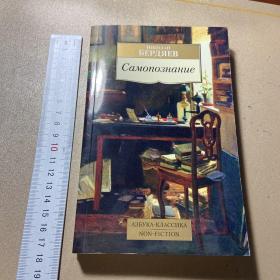
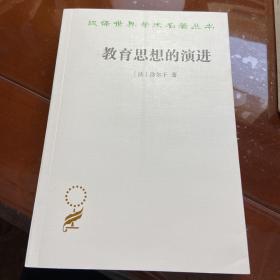
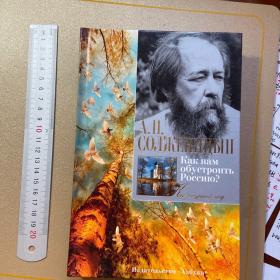
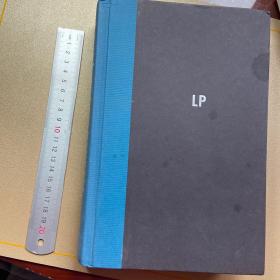
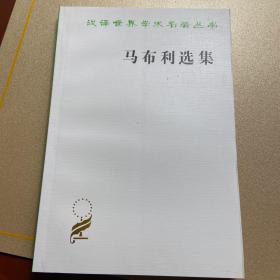
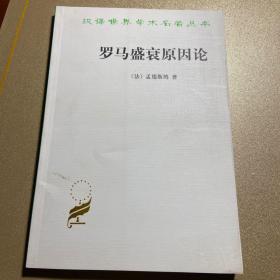

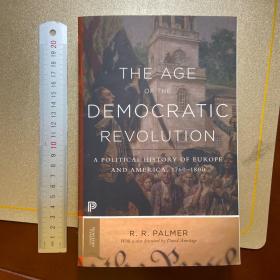
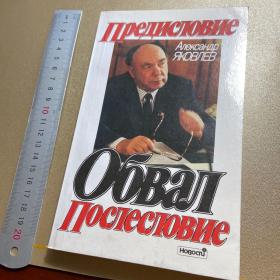

以下为对购买帮助不大的评价